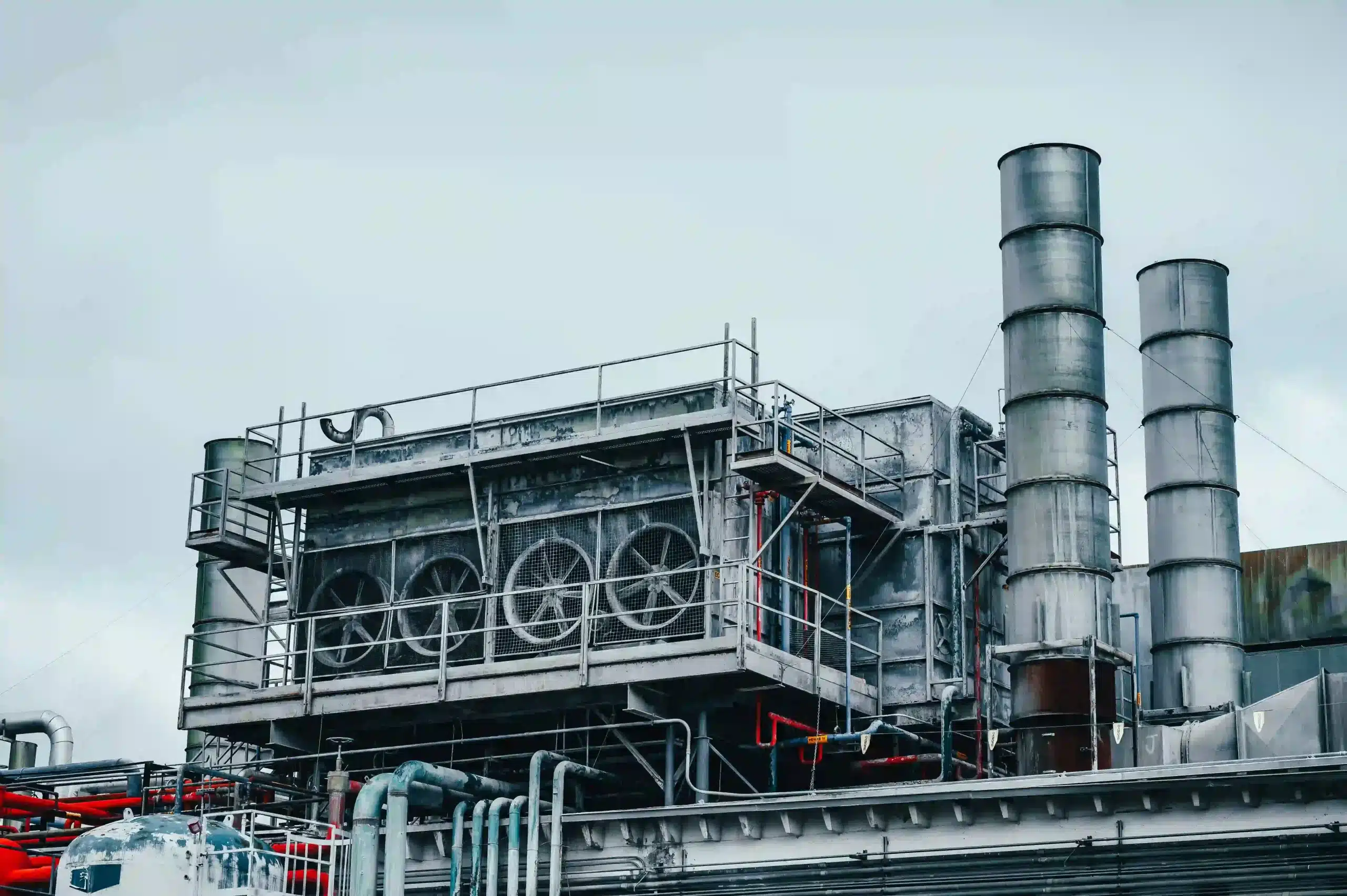
What Does Manufacturing Automation Mean?
Manufacturing automation refers to the utilization of technology to automate production processes, reducing reliance on human labor while enhancing efficiency, quality, and adaptability.
Manufacturing automation is not a new concept, but its significance in today’s industrial landscape has reached unprecedented heights. With the relentless march of technological advancement, the adoption of automation in manufacturing processes has become a defining factor for businesses seeking to stay competitive in an ever-evolving global market
Types of Automation
Manufacturing automation comes in various forms, each tailored to meet specific production needs:
Fixed Automation: This type is designed for high-volume production of identical products. Think of the iconic assembly line, where products move along a conveyor belt with automated stations handling different tasks, from assembly to quality control.
Programmable Automation: Programmable devices like Programmable Logic Controllers (PLCs) are employed here to allow for configuration changes. This versatility is particularly useful in processes like Computer Numerical Control (CNC) machining, where precision and adaptability are paramount.
Flexible Automation: In an era of increasing demand for customization, flexible automation shines. Robots, Automated Guided Vehicles (AGVs), and other adaptable technologies make it possible to manufacture a variety of customized products with ease.
Automation Technologies
The backbone of manufacturing automation consists of several key technologies:
Sensors: These devices provide real-time data on various aspects of the production process, enabling precise control and monitoring.
Robotics: Robots are the workhorses of automation, capable of performing tasks ranging from simple pick-and-place operations to complex assembly tasks.
PLCs: Programmable Logic Controllers serve as the brains behind many automated systems, executing logic-based decisions and ensuring precise control.
Human-Machine Interfaces (HMIs): These user-friendly interfaces allow operators to interact with and oversee automated systems, making them easier to manage.
Motors and Drives: These components translate electronic commands into mechanical actions, driving the movement of machines and equipment.
RFID and Barcode Scanners: Used for inventory tracking and quality control, these technologies streamline processes and reduce errors.
Vision Systems: Equipped with cameras and image-processing software, vision systems are employed for quality inspection and robot guidance.
These technologies work in harmony to bring manufacturing processes to life, revolutionizing the way goods are produced.
Benefits of Automation
The widespread adoption of manufacturing automation offers a plethora of advantages:
Increased Speed: Automation accelerates production, reducing cycle times and time-to-market.
Enhanced Efficiency: Automated systems can operate 24/7 with minimal downtime, maximizing resource utilization.
Consistency and Quality: Automation ensures products meet precise specifications consistently, reducing defects and improving product quality.
Cost Reduction: By minimizing labor costs and waste, automation helps companies operate more cost-effectively.
Scalability: Manufacturers can easily scale their operations to meet increased demand, whether for mass production or customization.
Safety: Automation reduces the need for human intervention in hazardous environments, improving workplace safety.
Challenges of Automation
Despite its many benefits, manufacturing automation also presents challenges:
High Upfront Costs: Implementing automation can require substantial initial investments in technology and infrastructure.
Skilled Workforce: Operating and maintaining automated systems demands a skilled workforce, which may necessitate training or hiring.
Workforce Displacement: As automation takes hold, there is potential for job displacement, necessitating thoughtful approaches to workforce management.
Complex Integration: Integrating diverse automation technologies and optimizing their performance can be a complex endeavor.
The Future of Manufacturing Automation
The future of manufacturing automation is a dynamic landscape, characterized by:
Smart Manufacturing: The growth of smart manufacturing, driven by the Internet of Things (IoT) and data analytics, promises real-time insights and optimization.
Digital Twin Technology: Digital twins—virtual replicas of physical systems—will revolutionize product design, testing, and maintenance.
AI, ML, and Computer Vision: Advanced Artificial Intelligence (AI), Machine Learning (ML), and computer vision technologies will empower machines to make autonomous decisions and improve overall efficiency.
Collaborative Robots: Collaborative robots, or cobots, will work alongside humans, enhancing productivity and safety.
New Production Capabilities: Automation will enable entirely new production capabilities, such as 3D printing and biofabrication, opening doors to innovative business models.
Our Commitment to Your Success
Over the years, AIA has proudly assisted numerous manufacturing companies in designing and implementing automation solutions that elevate their operations. From inception to execution, we manage your entire automation infrastructure.
Our comprehensive package encompasses design, integration, installation, and ongoing maintenance of all automation equipment. We recognize the importance of knowledge transfer, which is why we offer comprehensive training programs to empower your employees to operate machinery efficiently and effectively. With our services at AIA, you’re gaining a partner committed to your success.
Quality Certification: Our track record speaks volumes about our commitment to excellence. Our quality certification, exemplified by automated conveyor systems, is a testament to our dedication to delivering top-notch solutions that stand the test of time.
Our Focus: AIA is dedicated to three core principles that guide our every action: Design and Development, Implementation and Integration, and Support. We craft automation solutions tailored to your unique business demands, ensuring a positive user experience, increased flexibility, and enhanced performance. Our expert team guarantees a successful and timely implementation, reducing commissioning time with modular, adaptable, and scalable programs. We provide unwavering support, responding promptly to your needs and exceeding your expectations at every turn.
Measurement for Excellence: To continually deliver exceptional results, we believe in constant evaluation and measurement. We employ balanced scorecard metrics, gather valuable customer feedback, and meticulously track support calls, commissioning, and debugging processes to ensure that your automation solutions always meet the highest standards.
Services: At AIA, we offer a comprehensive range of services to meet your automation needs. From complete control system design, including network design, to PLC programming, HMI/SCADA system development, and expert panel builds, we specialize in various industries, including Food/Beverage, Packaging, and Automotive systems. We don’t just provide services; we deliver solutions that drive progress and efficiency in your operations.